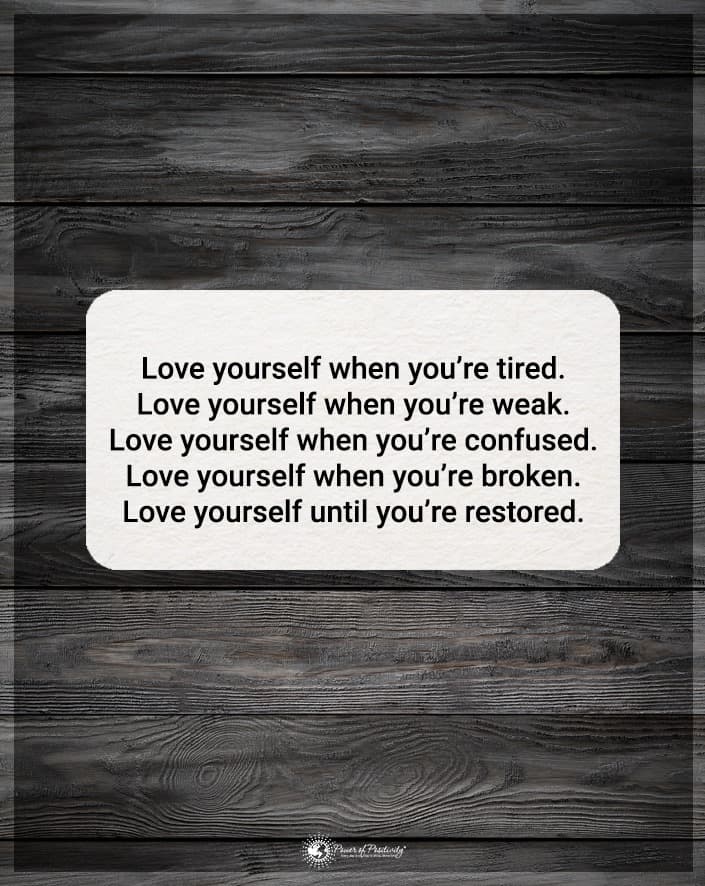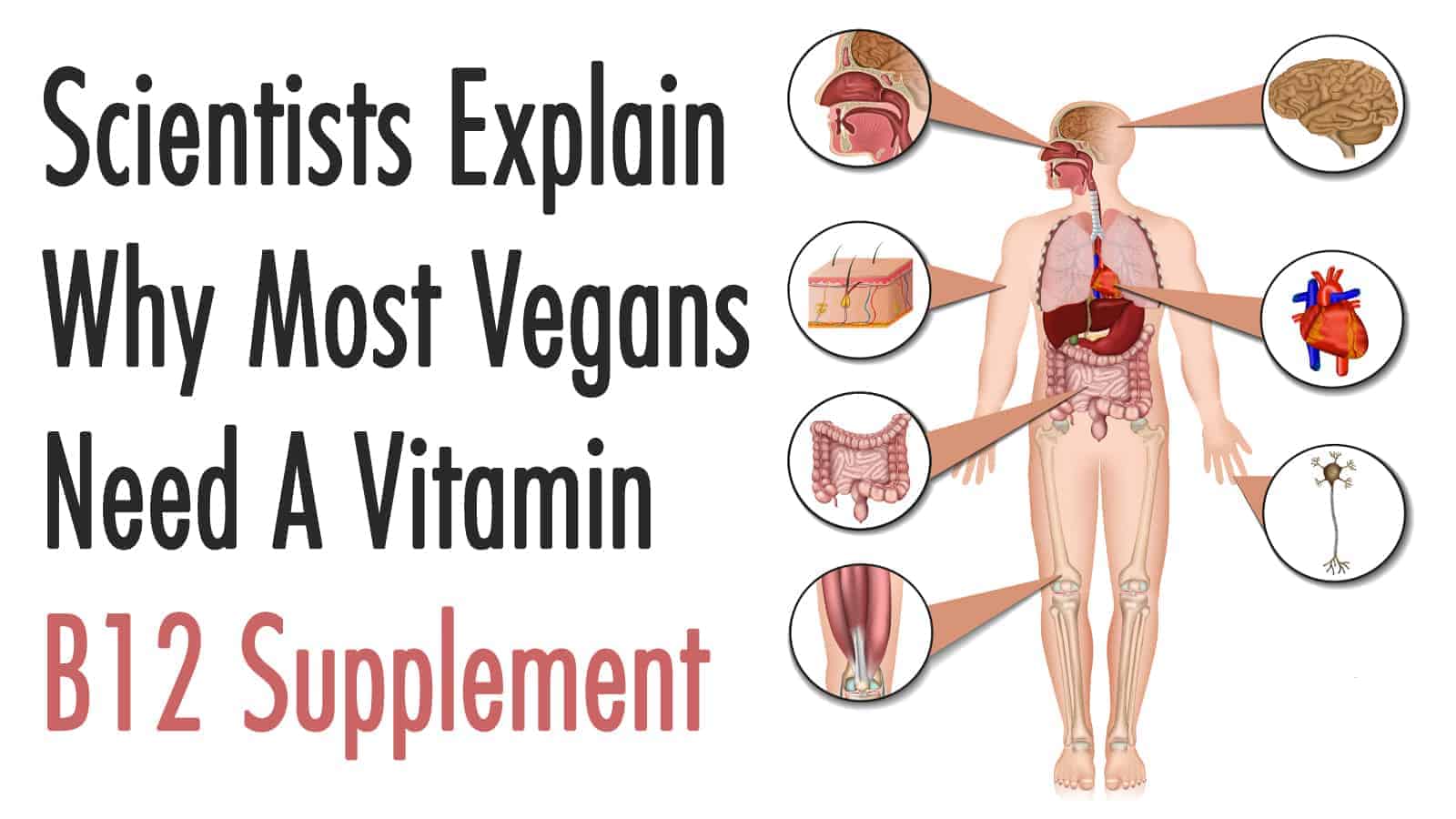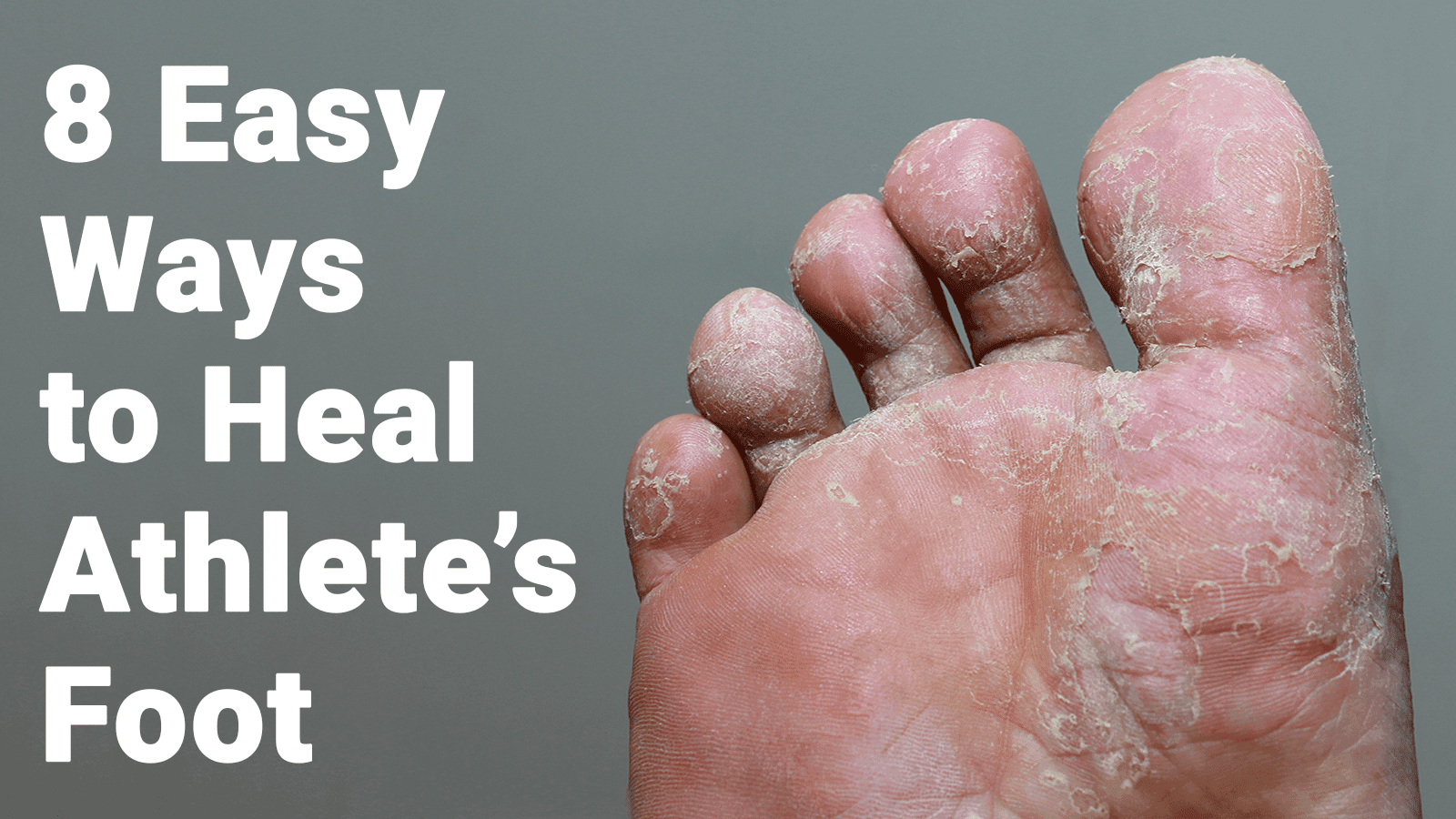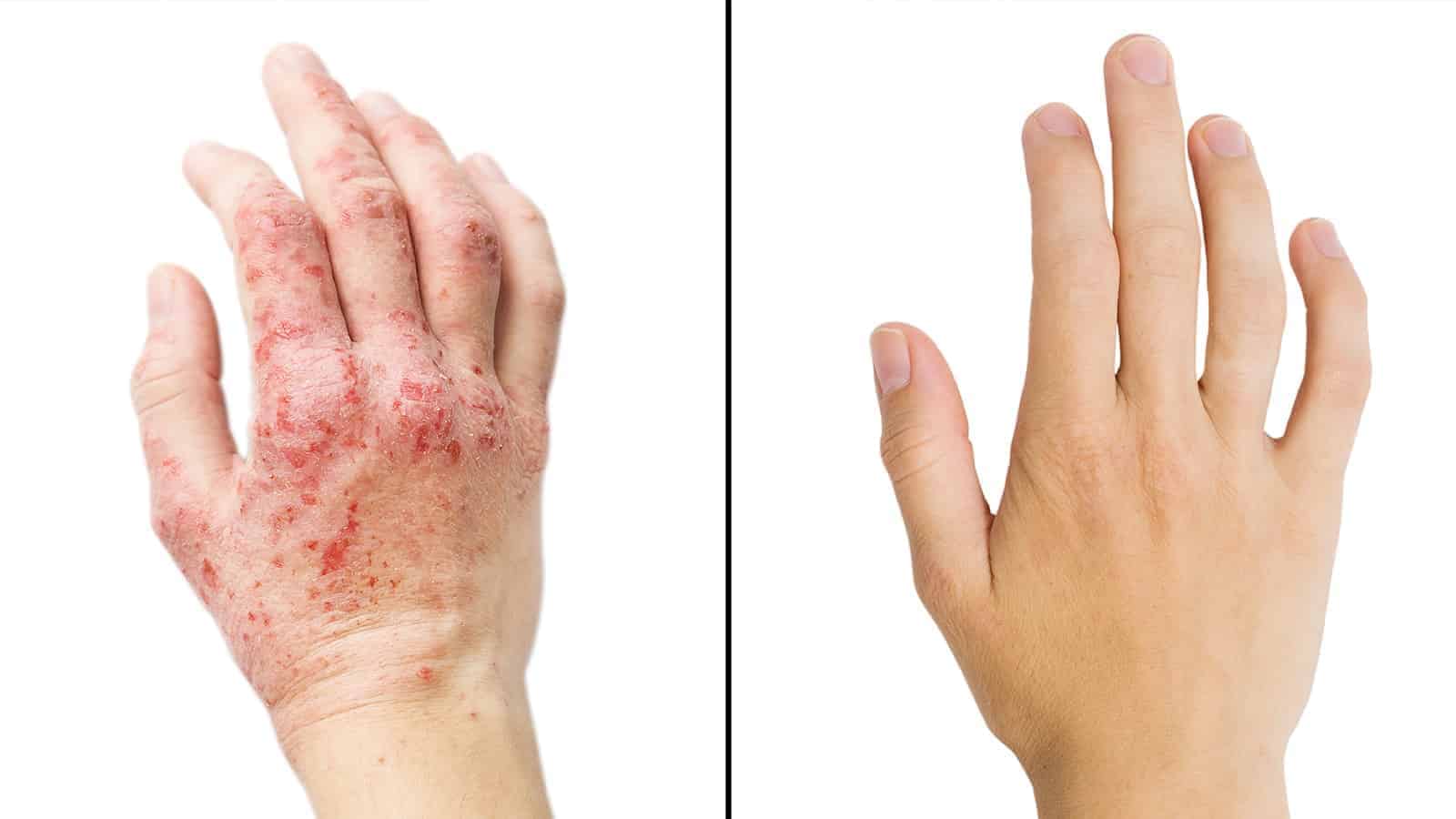What is libido? The term describes one’s sexual drive or desire. A healthy libido is critical to emotional, mental, social, and physical well-being. In other words, it isn’t all about sex.
Historically, libido has been analyzed and studied by just about every prominent psychoanalyst, including Sigmund Freud and Carl Jung. Freud described it as “the energy, regarding as a quantitative magnitude … of those instincts which have to do with all that may be comprised under the word ‘love.’”
Jung theorizes that sexual energy is not separable from the physical requirements of food, drink, and sleep, calling libido “… the energy that manifests itself in the life process and is perceived subjectively as striving and desire.”
In this article, we will further deconstruct the often misunderstood and misrepresented topic of libido, including that which affects it. We’ll discuss some of the latest research about it before wrapping up with vitamins that boost your libido.
Biological, Cultural, and Psychological Elements

Libido has traditionally been viewed from a strictly biological standpoint. That is, through the lens of Darwinian evolution and natural selection, with an emphasis on procreation and generational succession.
The desire to procreate is observable in every mammalian species, including, of course, humans. Evolutionary scientists have verified just one other species in which “all” members seem to carry an underlying sex drive: birds.
Despite traditional science’s bias towards evolutionary science, there are undoubtedly determinative psychological and sociological (e.g. cultural) elements of sex drive. We witness such factors intra-culturally, such as in members of one race or gender having a particular preference for (or not) specific demographics (e.g., attraction towards the same or different sex; the same or different race; the same or different educational level.)
Humans acquire their sexual energy from androgenic hormones, particularly testosterone. Men have upwards of 40 times more testosterone than females. This wide variation in testosterone levels helps explain, at least in part, the observable gender-based differences concerning sexual drive and aggression.
Besides testosterone, other hormones that influence sexual drive include oxytocin (the “love” hormone) and other peptides. The neurochemical dopamine, responsible for the emotions and feelings of pleasure and reward, is also involved in sexual desire and arousal. Certain synthetic hormones are known to act on the dopaminergic network – thereby initiating sexual arousal. Additionally, some individuals enhance their experiences by incorporating sex toys from an adult shop, which can complement the natural effects of these neurochemicals, further stimulating sexual desire.
6 Vitamins and Minerals that May Boost Libido
Here are six vitamins that may help boost your libido:
1. Vitamin D
Vitamin D is typically thought of as a must for your bones, skin, and immune system. But vitamin D can also provide a boost to your sex drive. A study published in Clinical Endocrinology found a direct correlation between vitamin D levels and libido health. Additional studies have found that women who report low libido test for low vitamin D levels more often than the general population.
Food sources of vitamin D include eggs, fish, and mushrooms. However, exposure to the sun is the best way to acquire vitamin D. Experts recommend a daily vitamin D intake of 25 mcg.
2. Vitamin B (vitamin B12, biotin, and niacin)
Vitamin B shortages often lead to fatigue and lethargy – conditions that aren’t at all conducive to a healthy sex drive. Correcting a vitamin B deficiency may be enough for your sex drive to resurface. Besides boosting your energy levels, proper B vitamin intake helps with brain function, cell metabolism, and hormone regulation.
Good sources of vitamin B include brown rice, dairy products, eggs, green and leafy vegetables, nuts, poultry and meat, seafood, and wholegrain bread. An alternative to natural food sources is a high-quality B-complex supplement.
3. Antioxidants
Vitamins A and E are antioxidants that promote energy, cell health, and circulation. Vitamin E helps with blood vessel dilation and stamina, as well. Besides improving your sex drive, antioxidants may help prevent cancer and other severe health conditions.
Good sources of vitamin A include eggs, milk, liver, leafy green vegetables, tomatoes, fruit, and vegetable oils. You can get vitamin E through dairy, liver, eggs, fortified margarine, and oily fish. A good one-a-day supplement will also contain a good dose of antioxidants.
4. Zinc
Have you ever heard of oysters being the ultimate aphrodisiac? Well, oysters’ high concentration of zinc is the reason. The prostate gland contains a high amount of zinc and is known to impact testosterone levels. High zinc concentrations can also be found in the bone, eyes, liver, kidney, and pancreas.
The recommended daily intake of zinc is 11 to 20 milligrams. Besides oysters, excellent sources of zinc include baked beans, cereals, cashews, chicken, chick peas, fortified cereal, peanuts, and toasted wheat germ. Zinc chelate is the most absorbable form of zinc if you are looking for a supplement.
5. L-arginine
L-arginine is an amino acid that helps the body make proteins. Intake of the amine acid is also a requirement for the production of nitric oxide, a signaling molecule that helps promote and maintain a healthy cardiovascular system. Some research shows that regular l-arginine intake may help with erectile dysfunction (ED) in males and low sex drive in females.
Sources of l-arginine include dairy, fish, legumes, red meat, poultry, and seaweed. The recommended daily intake of l-arginine is 2 to 3 grams, three times per day. The efficacy and safety of l-arginine supplements are unclear, so opt for an organic or vegetable-based supplement.
6. Omega 3s
Omega 3s promote cardiovascular health, proper circulation, and dopamine production. Research ties poor cardiovascular health and a disrupted circulatory system to decreased libido and erectile dysfunction. Besides helping to improve a low libido, omega 3s regulate the inflammatory response and cholesterol levels.
The best source of omega 3 fatty acids is fatty fish, such as mackerel and salmon. Besides animal protein, the best plant sources of omega 3s are chia seeds, Brussels sprouts, and algal oil.
Causes of Low Libido

Prevention is always the best medicine. So, let’s uncover some of the causes of a sluggish libido. It goes without saying that individual self-examination is required to help control these factors.
-
Stress
Stress is Public Enemy Number One for a healthy libido. Physically, high-stress levels flood the body with adrenaline and cortisol, interfering with healthy hormone levels and restricting blood flow. Mentally, stress can take one’s mind off of sex.
-
Poor sleeping habits
A bad night’s sleep jacks with your hormones elevate stress, and leads to brain fog – not good for sex drive. Moreover, long periods of poor sleep can have serious health consequences, including an increased risk of heart disease.
-
Depression
Both clinical depression (all variants) and depressive symptoms interfere with a healthy sex drive. Depression may also produce feelings of low self-esteem, further complicating the issue.
-
Alcohol and drugs
While a couple glasses of wine or beer can take the edge off, too much of it impairs the nervous system and invites fatigue. Marijuana and some other drugs impact testosterone production, lowering sex drive.
-
Disease
Severe health conditions require the body to go into overdrive, reducing the energy available for sexual activity. Illnesses such as cancer and kidney disease effectively suppress testosterone levels.
Other conditions that may lead to low libido include:
– erectile dysfunction (ED)
– menopause
– hormonal imbalance
– use of prescription medications
– low self-esteem
Given the above five causes of low libido, it may be beneficial to implement one or more of the following suggestions:
Exercise regularly:
Exercise is one of the best things you can do for your health. Try a mix of balance, flexibility, endurance (aerobic), and strength training
Lay off the booze:
Alcohol consumption should be limited to special occasions and weekends. Stick to a glass of wine or a beer on the weekdays and always practice moderation.
Keep a regular sleep routine:
Aim for 7 to 9 hours of sleep per night. To help the transition from wake to sleep, have a relaxing bedtime ritual. So dim those lights and ditch the cell phone.
Get a regular checkup:
Visit your doctor at least once per year for a routine physical exam. If you’re experiencing medical issues – including with any medications – check in with your doc.








